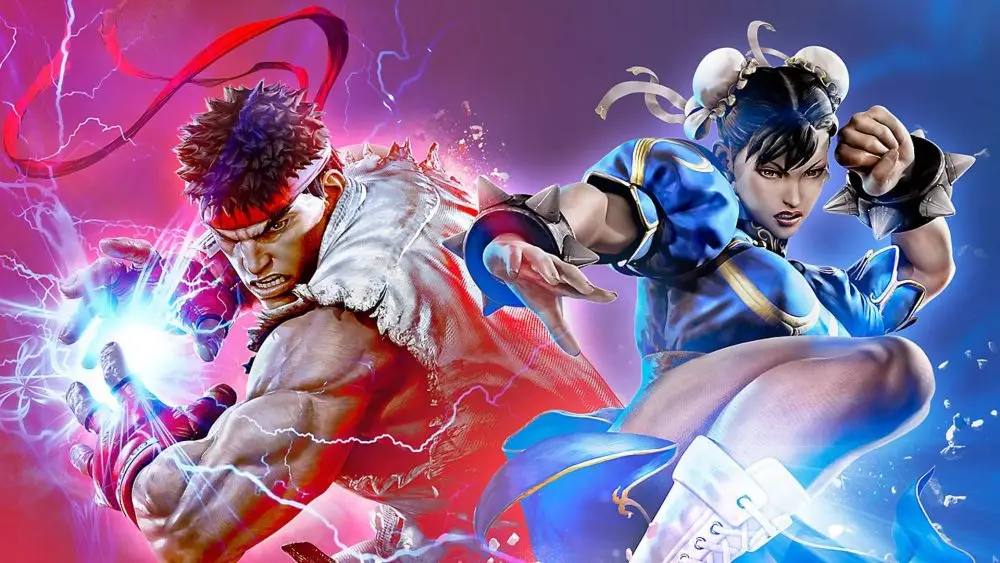Digital reality has long gone beyond entertainment. Interfaces are evolving, sensory load is increasing, and the brain is adapting. The gaming environment has turned into a laboratory for training cognitive functions. The goal is not to entertain, but to engage. How do video games affect the brain? They trigger computational processes comparable to processing real environments.
Attention as the engine of information processing
Understanding how video games affect the brain begins with analyzing attention. Titles with high pace (FPS, arcade games) create multitasking load. The brain focuses on objects, shifts focus, filters out unnecessary information. This enhances selective attention and speeds up task switching. Example: a player in a competitive shooter game tracks the crosshair, interface, environment, and timer simultaneously. This load activates the frontal lobes, enhancing control.

Memory: short-term and working memory in action
Game scenarios require memorizing routes, rules, NPC behavior. This engages working memory. Video games impact the brain by strengthening the bridge between short-term and long-term memory. RPGs with developed plots and quest mechanics stimulate the frontal-temporal connections. This is particularly important between the ages of 25 and 45 when the decline of working memory begins subtly.
Spatial thinking and orientation simulation
Three-dimensional worlds require mental map building. This activates the hippocampus, the same area that controls orientation in reality. The positive impact of video games on the brain is especially noticeable in navigation simulators and strategies. Platformers and open-world games develop depth perception, direction assessment, and route planning skills. Spatial thinking is enhanced when completing tasks that involve pathfinding, logistics, and level traversal.
Cognitive flexibility and multitasking
The brain learns through conflict. When a game introduces conflicting conditions—limited time, resource scarcity, variable rules—neuronal circuits adapt. This is cognitive flexibility. RTS and RTS-RPG games train anticipation, task switching, attention allocation. This reduces the risk of cognitive decline in the elderly. Therefore, the benefits of video games for seniors are a confirmed fact, especially in the context of dementia prevention.
Emotional regulation and impulse control
Mechanics of moral choice, branching scenarios, in-game relationships—all these elements actively influence how video games affect the brain in terms of emotional regulation. The gameplay not only evokes emotions but also structures them through repeated experience of choice and consequences. When a character loses allies’ trust due to aggression, an associative link is formed—behavior and its consequences.
The effect is particularly strong in adolescents. This period shapes the emotional framework of personality. Narrative RPGs, dramas with interactive movie elements, and social simulators become a safe training ground for empathy and self-control. The format of emotional role-playing, reputation, and social sanctions lays the groundwork for mature response models.
The gaming environment creates conditions where behavior is evaluated not by external adults but by the system itself. This enhances internal reflection and initiates the formation of neuroplasticity—the brain’s ability to rewire connections for new responses.
Reaction and motor skills training: how video games affect the brain
Arcade rhythm games, dynamic races, hardcore shooters—each genre involves intense stimulation of the visual-motor circuit. How video games affect the brain in these conditions is directly related to enhancing conductivity between sensory areas and motor control.
Reaction speed manifests on both cognitive and physical levels. With regular timed gameplay, the basal ganglia, cerebellum, and frontal lobes are activated. These areas provide coordination, movement prediction, and short-term memory necessary for anticipating an opponent’s action or route change.
The effect is particularly pronounced in people over 30. At this age, reaction time starts to slow down, but training through fast-paced games restores agility. Attention is distributed among multiple elements: interface, enemies, timer, route. This complexity enhances simultaneous operation of multiple brain areas, including sensorimotor and executive circuits.
The fine line between stimulation and balance disruption
Excessive engagement disrupts the natural rhythm of the dopamine system. How video games affect the brain in cases of addiction—suppressing motivation outside the gaming environment. Regular effortless rewards disturb the self-control system.
Child psychology is particularly vulnerable. The mechanism of focus and self-regulation forms up to the age of 8. Video games presented without control disrupt the “focus-rest-action” cycle. This leads to attention deficit syndrome, increased excitability, and reduced teachability. Adolescents are also at risk. Emotional immaturity intensifies the effect of addictive behavior.
Genres and their cognitive benefits
Gaming genres affect different brain areas:
-
Shooters—visual cortex, motor skills, decision-making speed.
-
Platformers—coordination, adaptation, error handling.
-
RPGs—emotional intelligence, logic, causal relationships.
-
Strategies—logic, planning, multitasking.
-
Simulators—realism, technical thinking, prediction.
-
VR games—spatial orientation, body, sensory adaptation.

This distribution illustrates how video games affect the brain not superficially but systematically, creating effects comparable to cognitive trainers.
Digital mirror of the brain
Gaming has long ceased to be just leisure. It has become an active tool for neurodevelopment. How video games affect the brain is not a philosophical question but an applied mechanism. Visual processing, memory, logic, emotions, attention, reaction—each area receives training. The key is balance. The game can either develop or destroy. The key lies in awareness, age, and genre.
 en
en  ru
ru  de
de  ar
ar  es
es  nl
nl  hi
hi  fr
fr  it
it  pt
pt  el
el 












